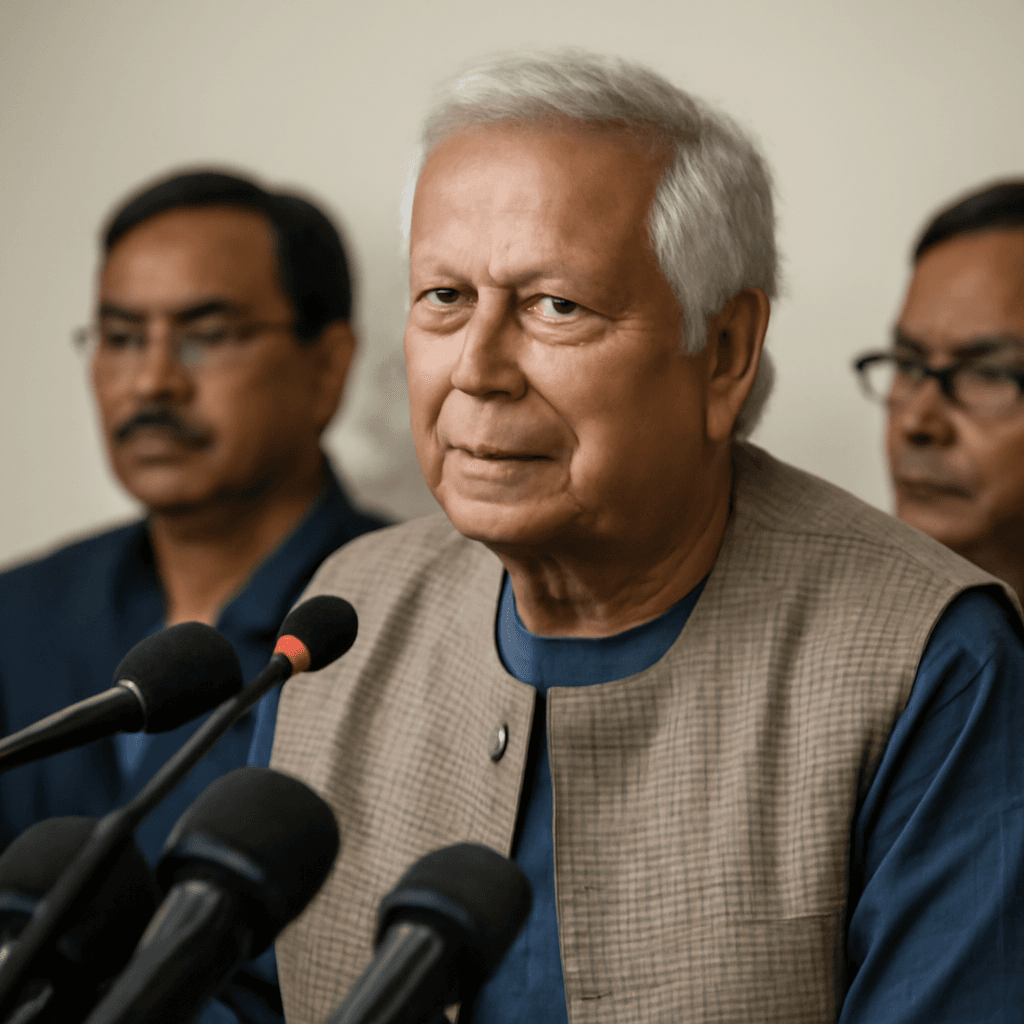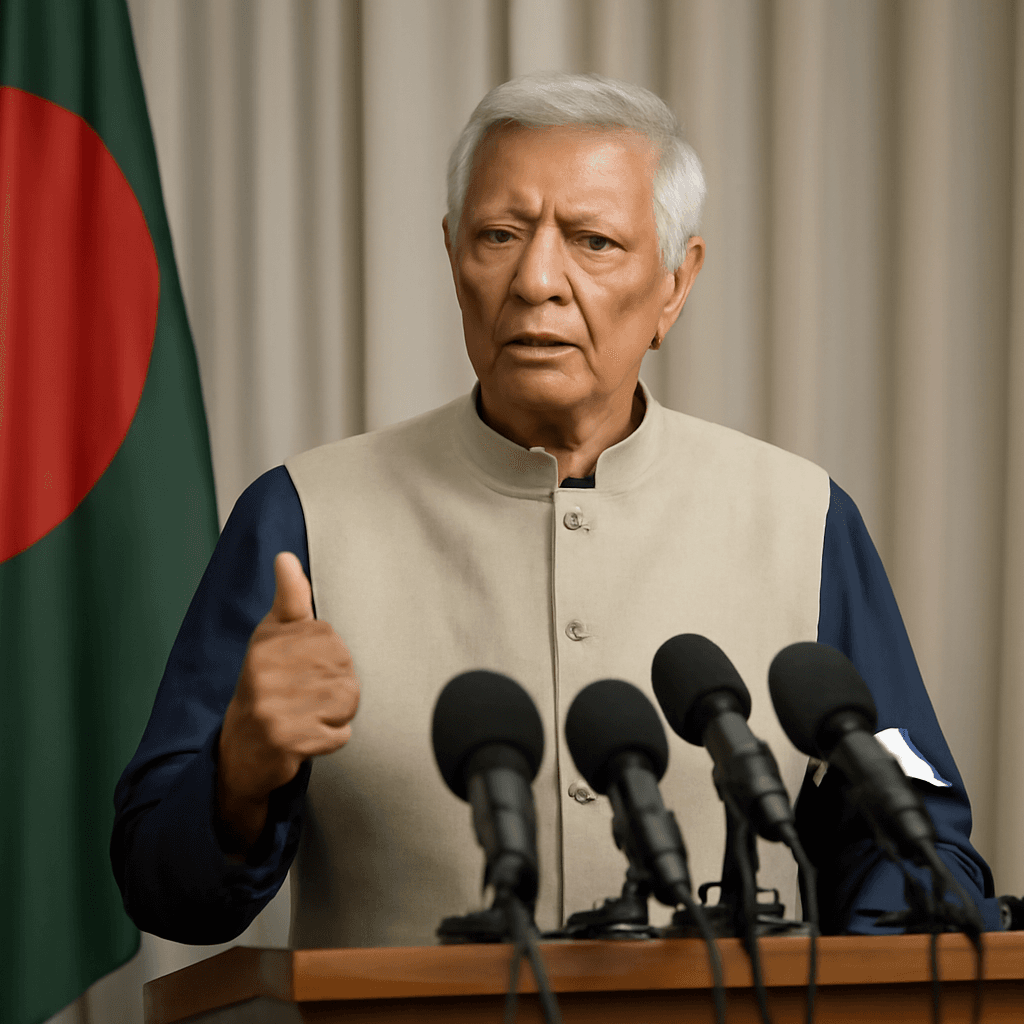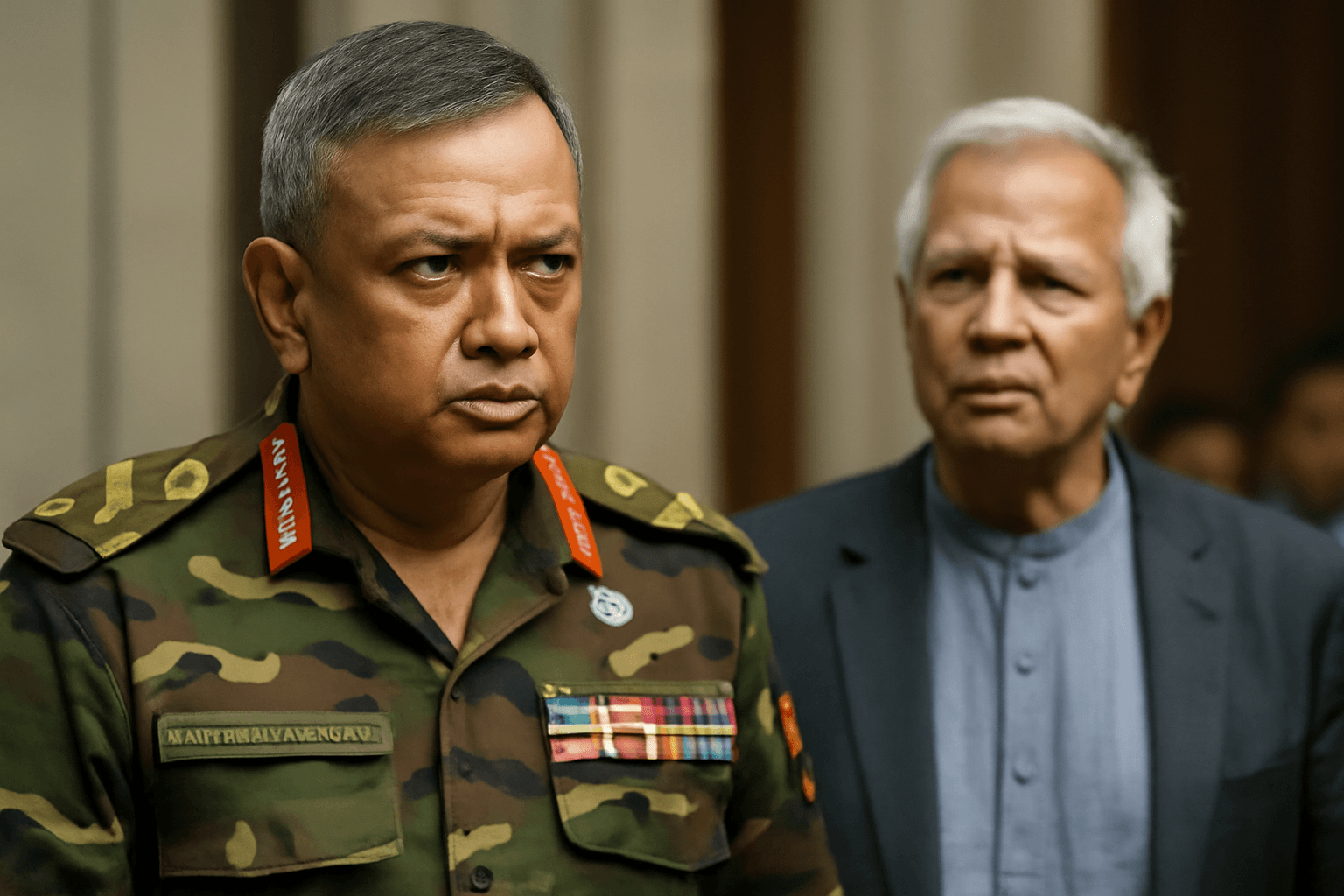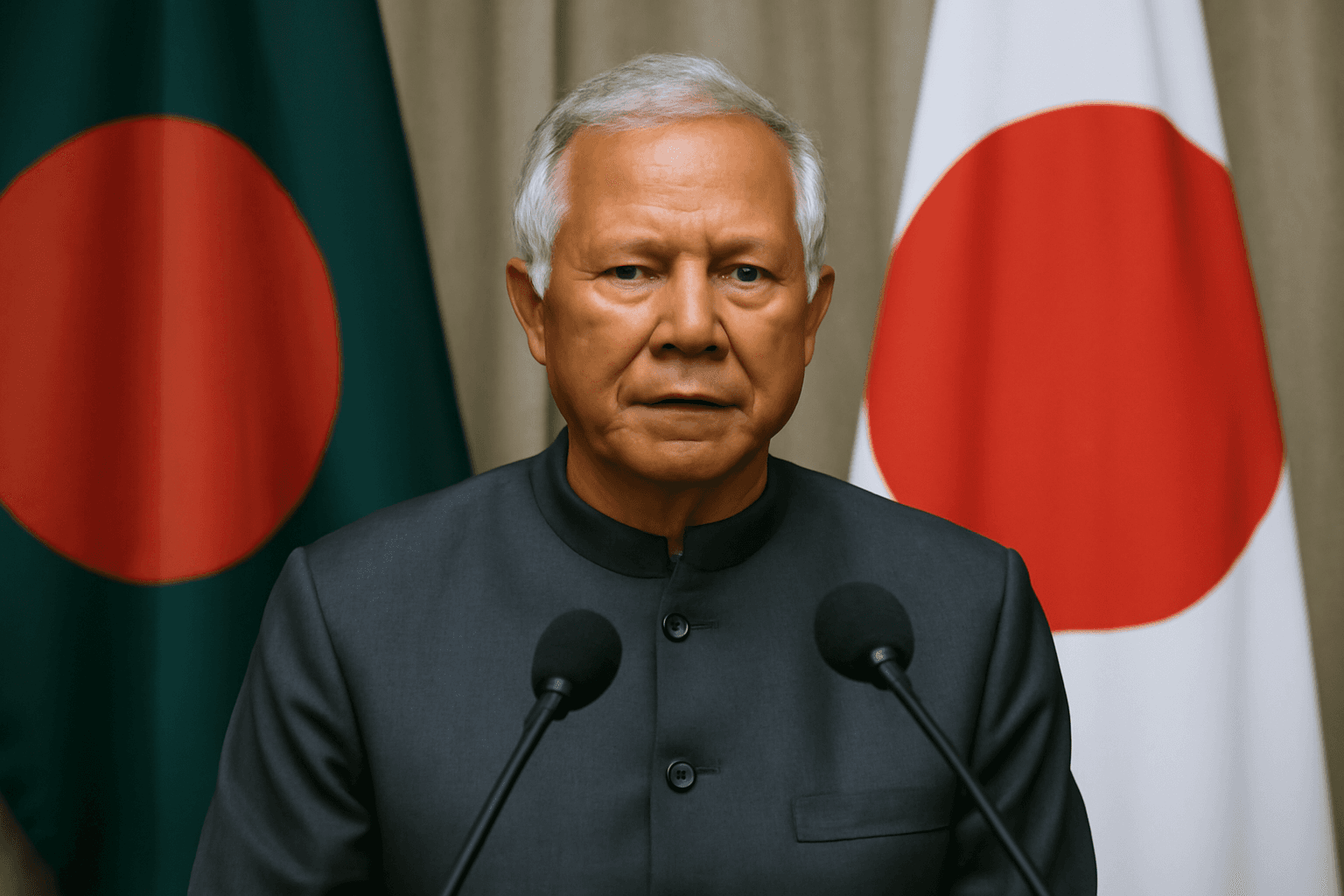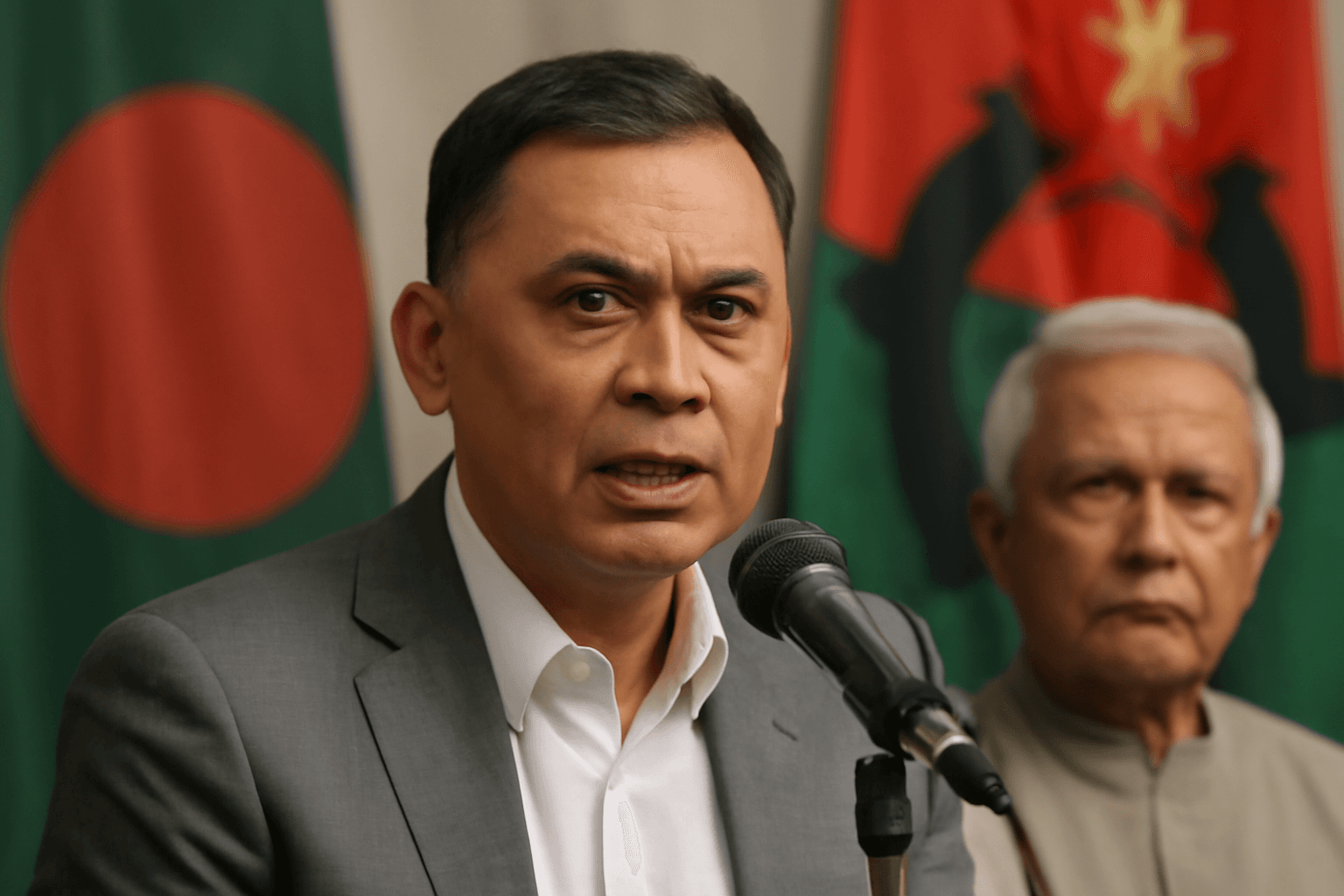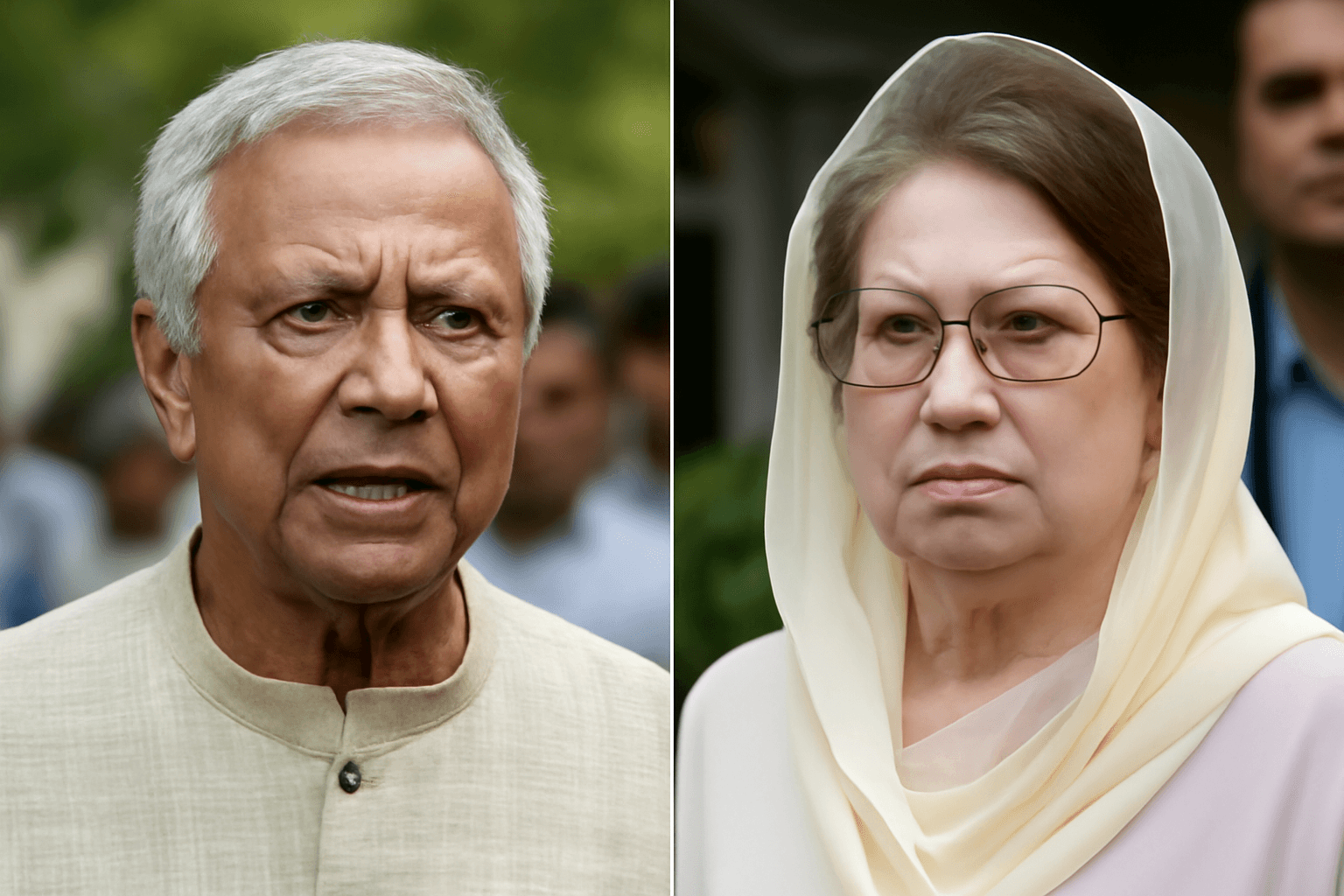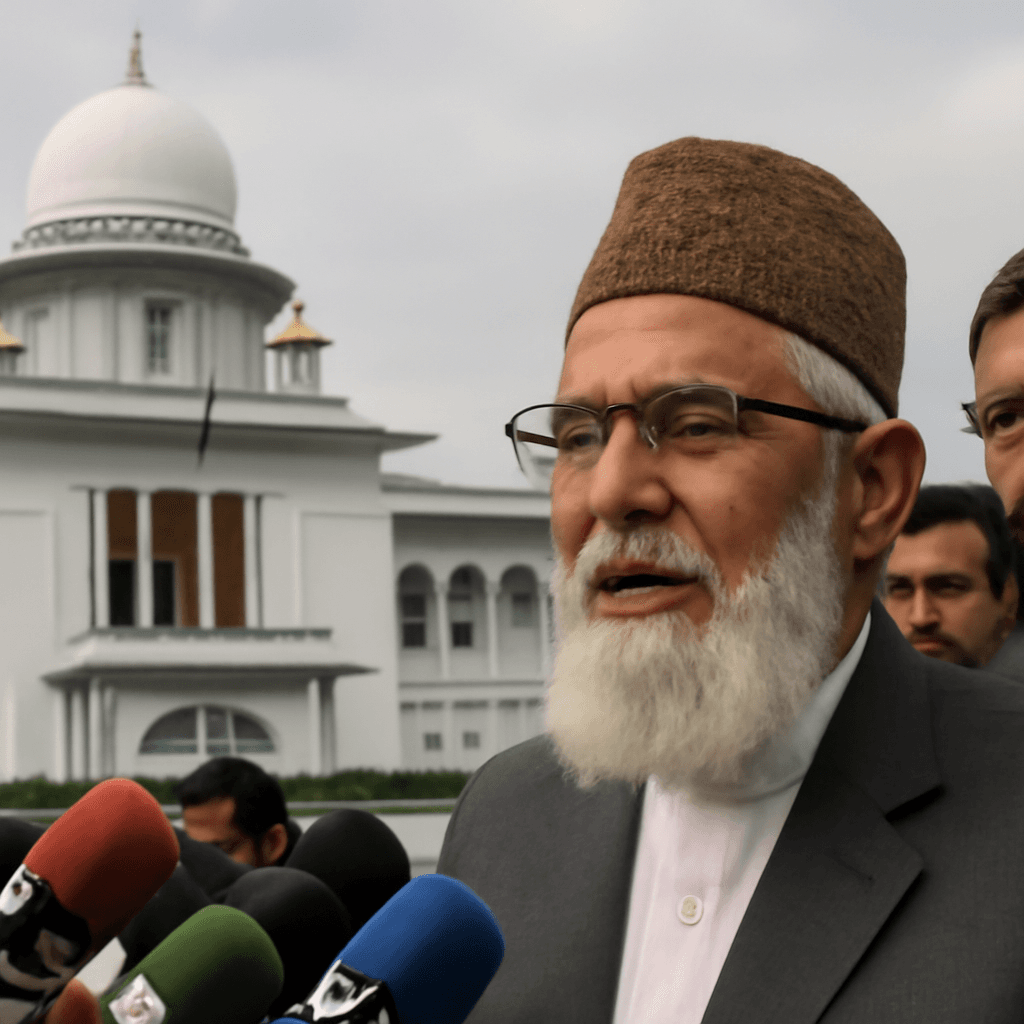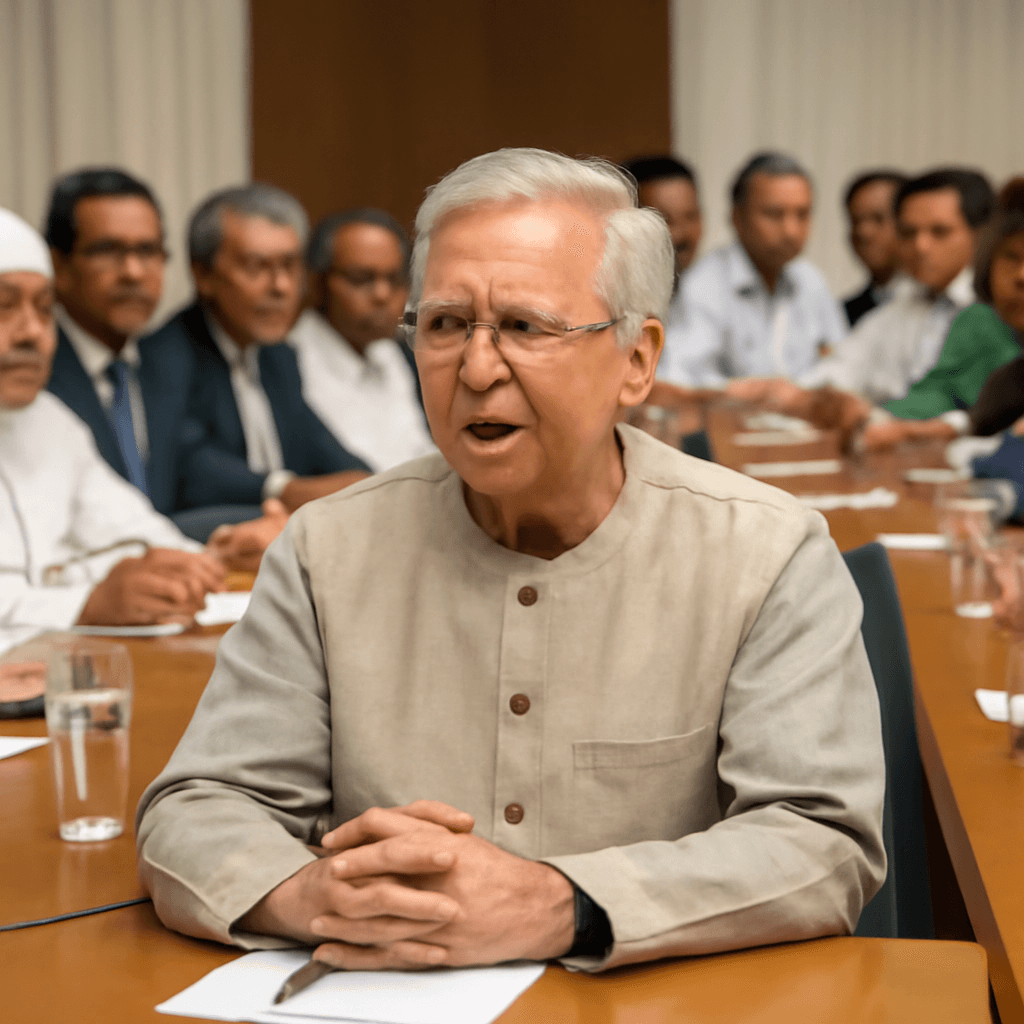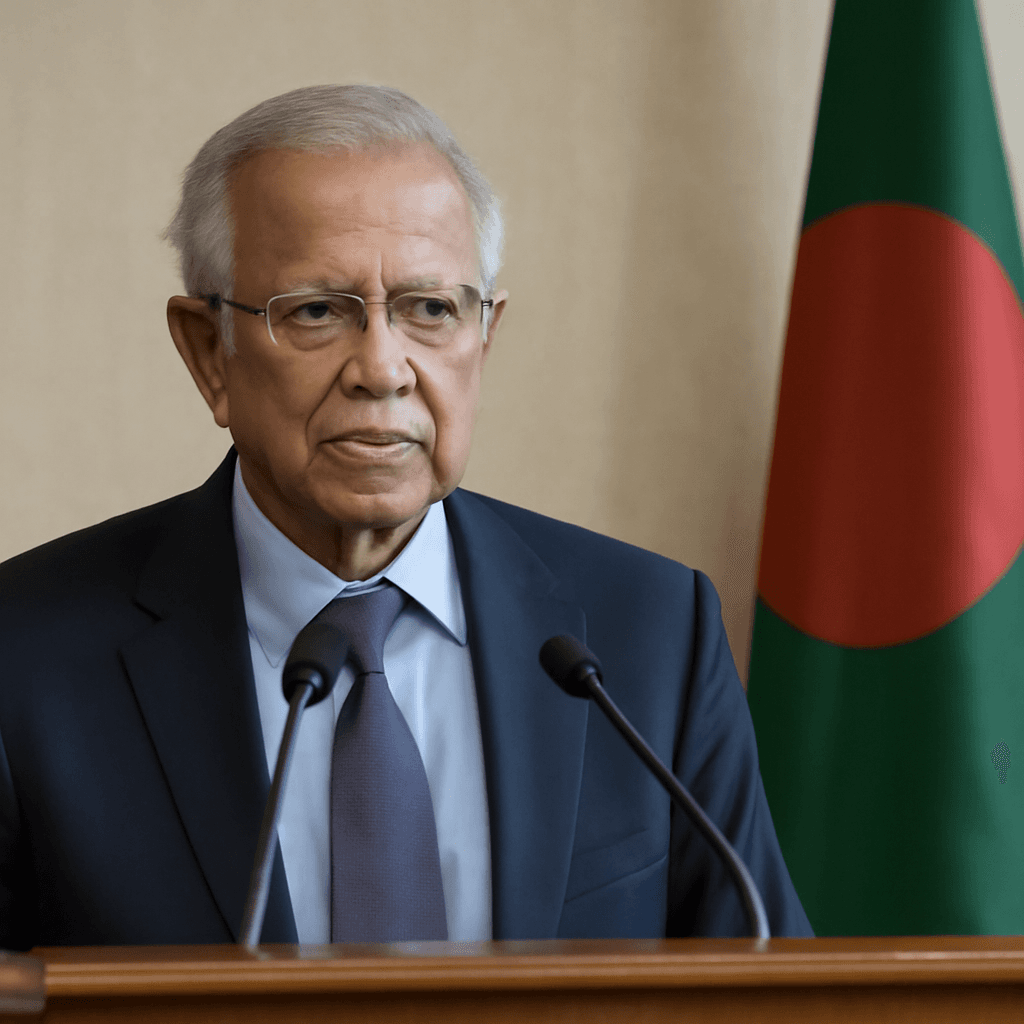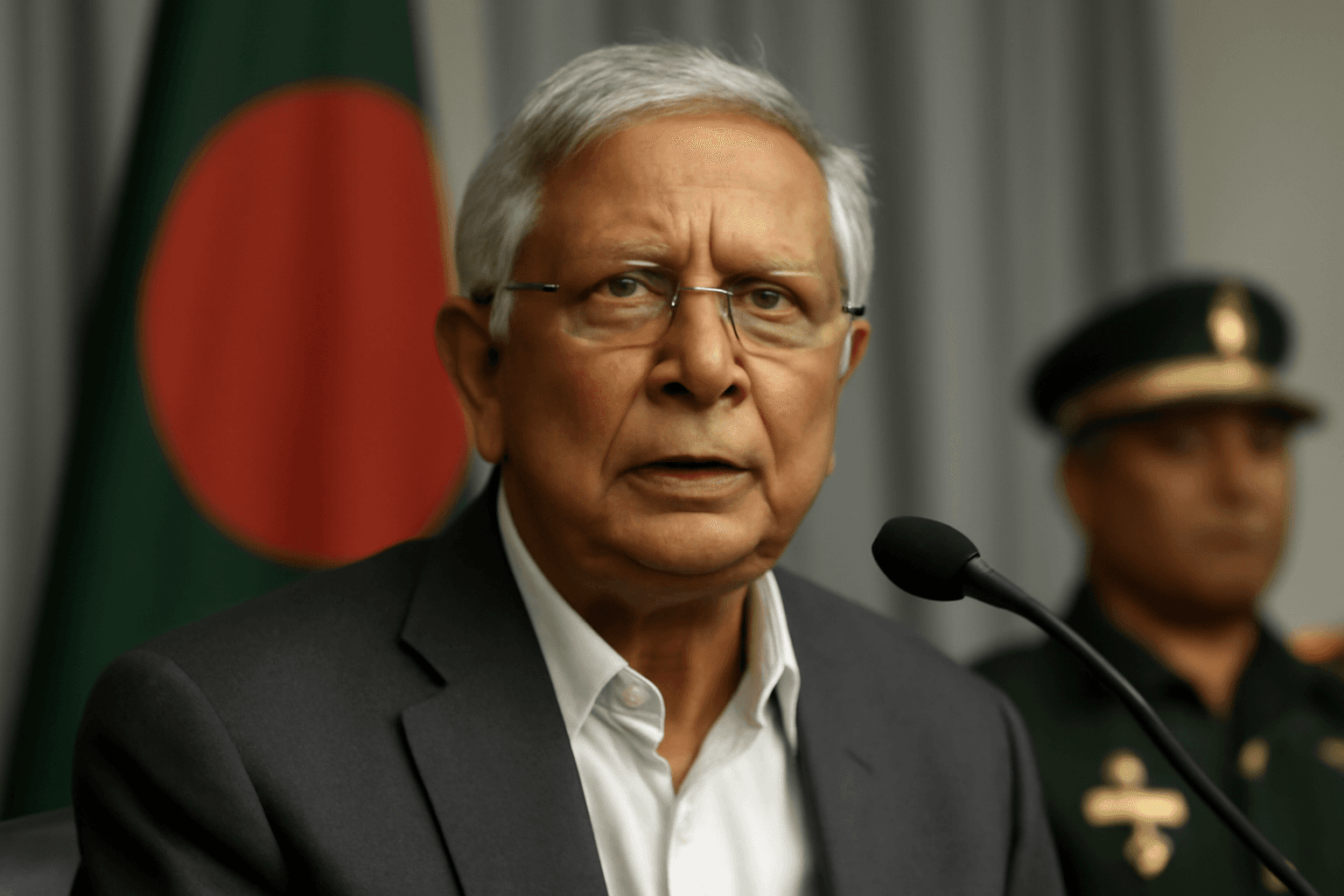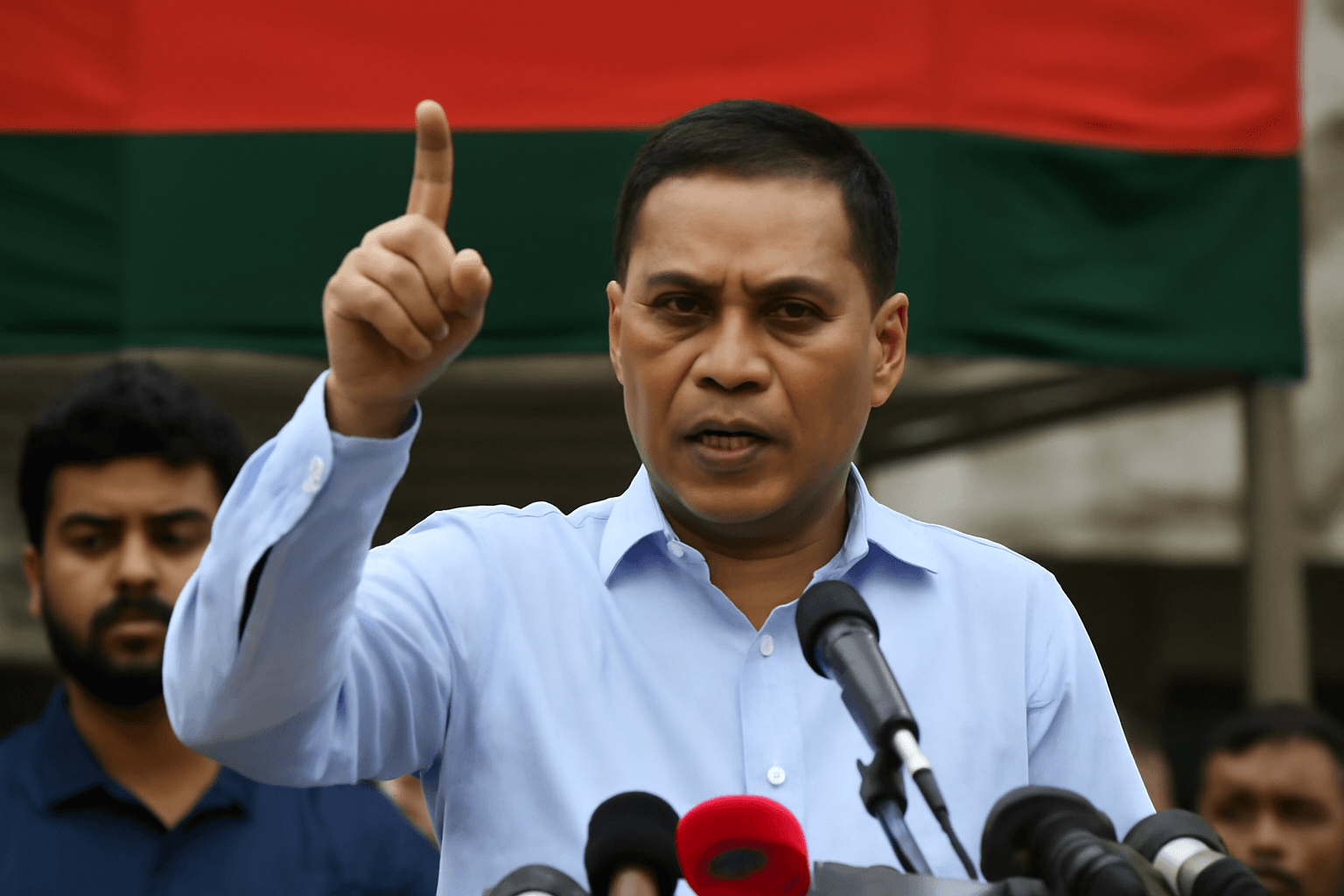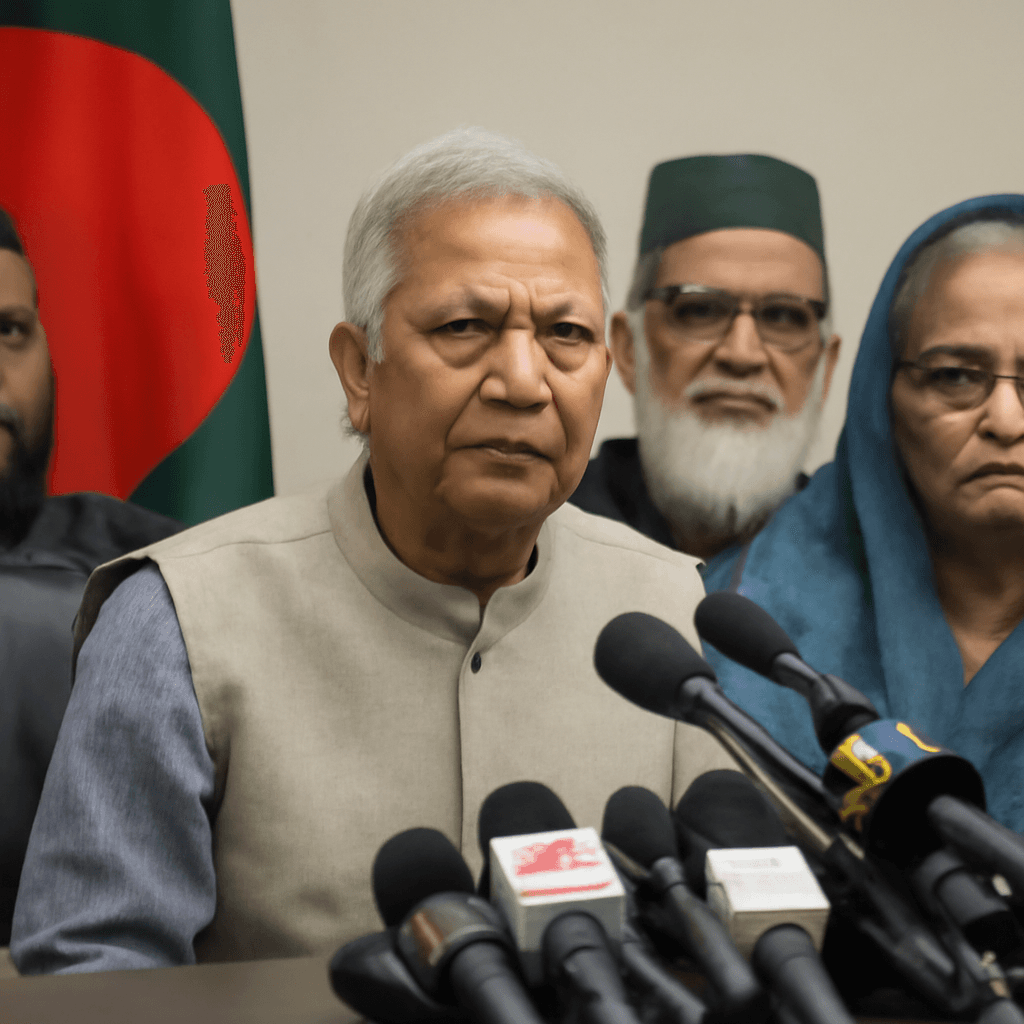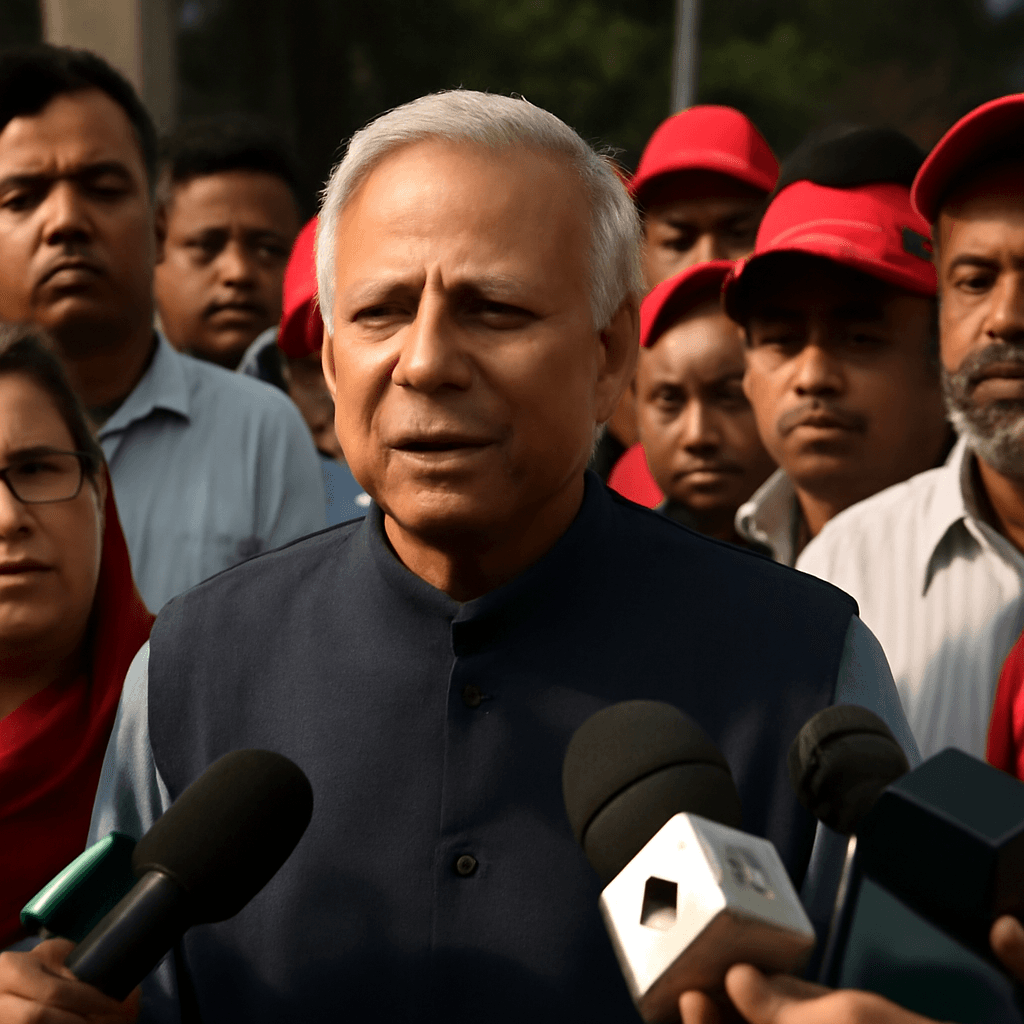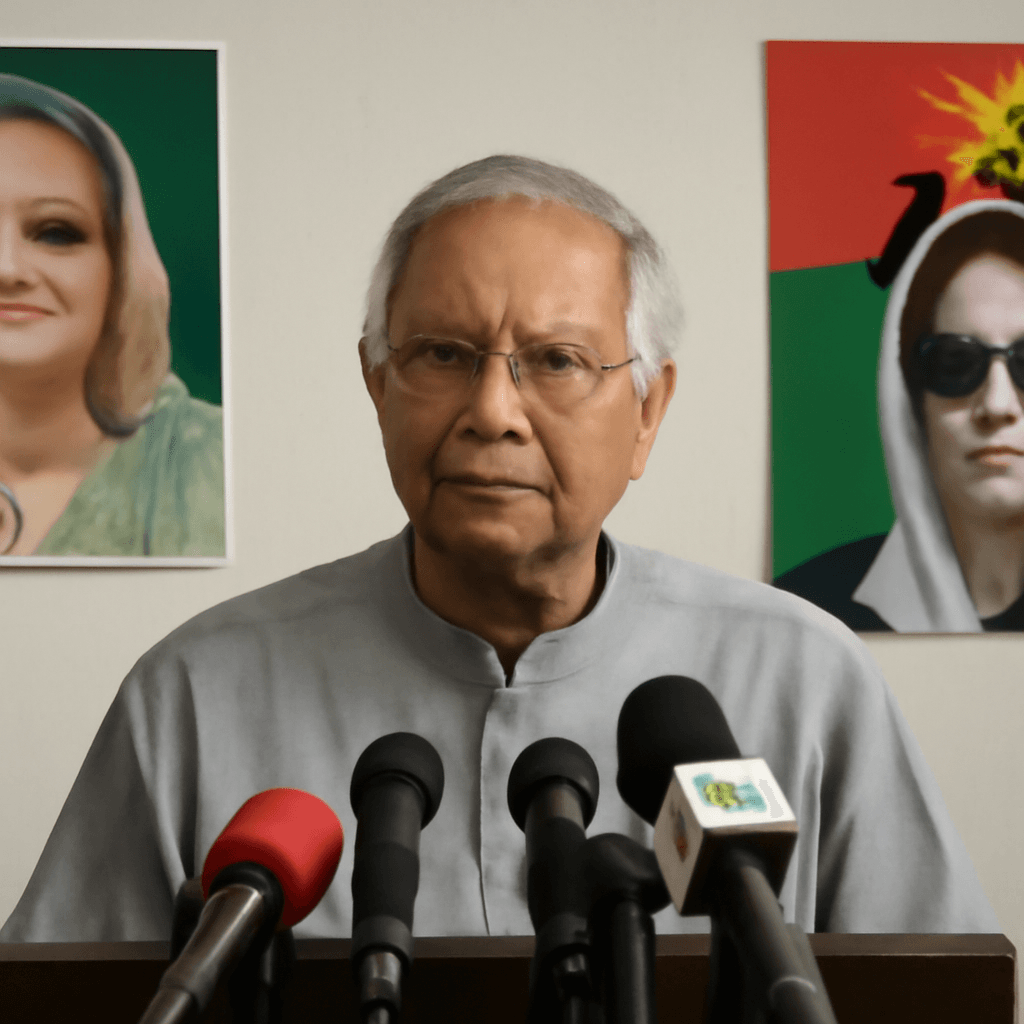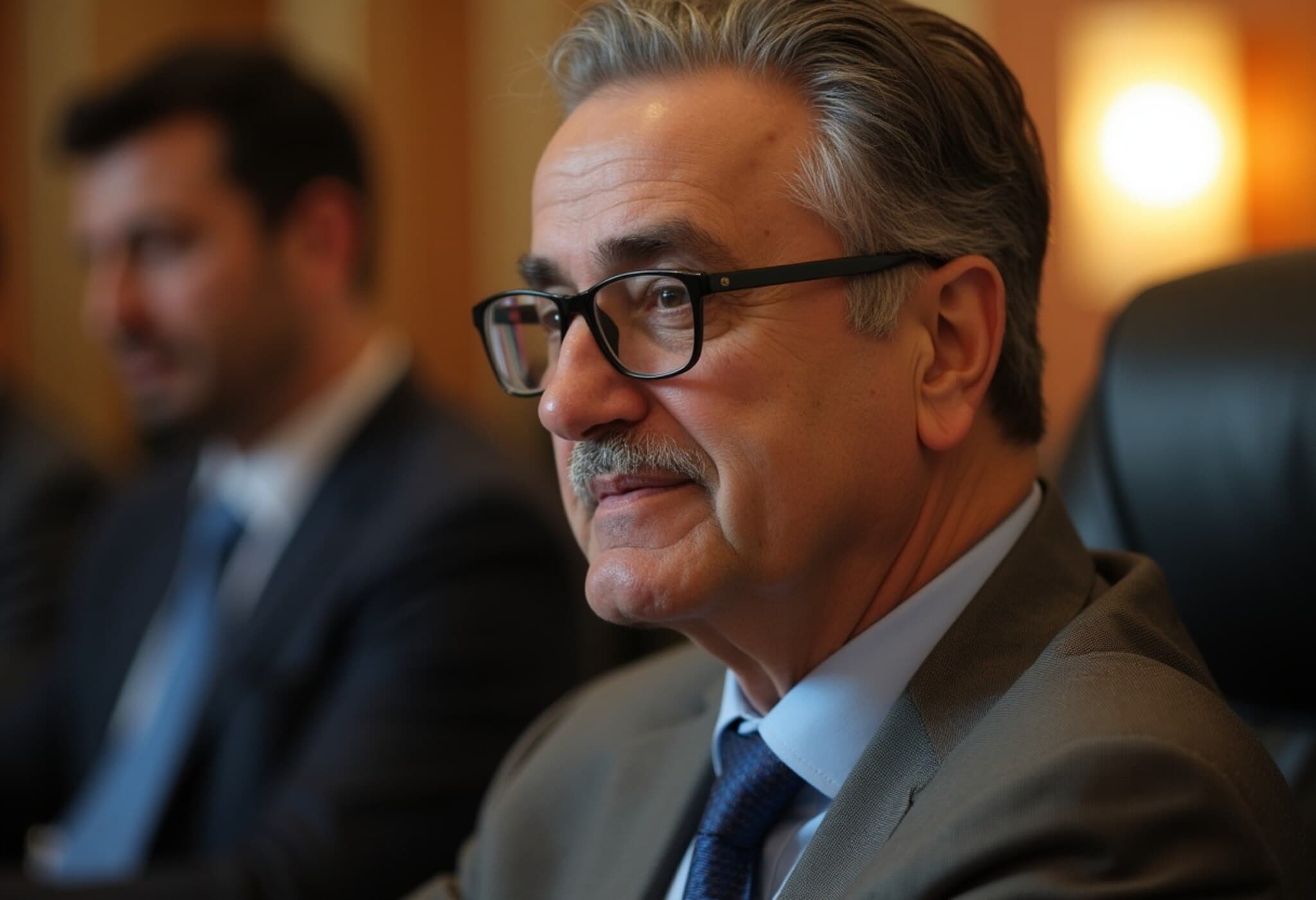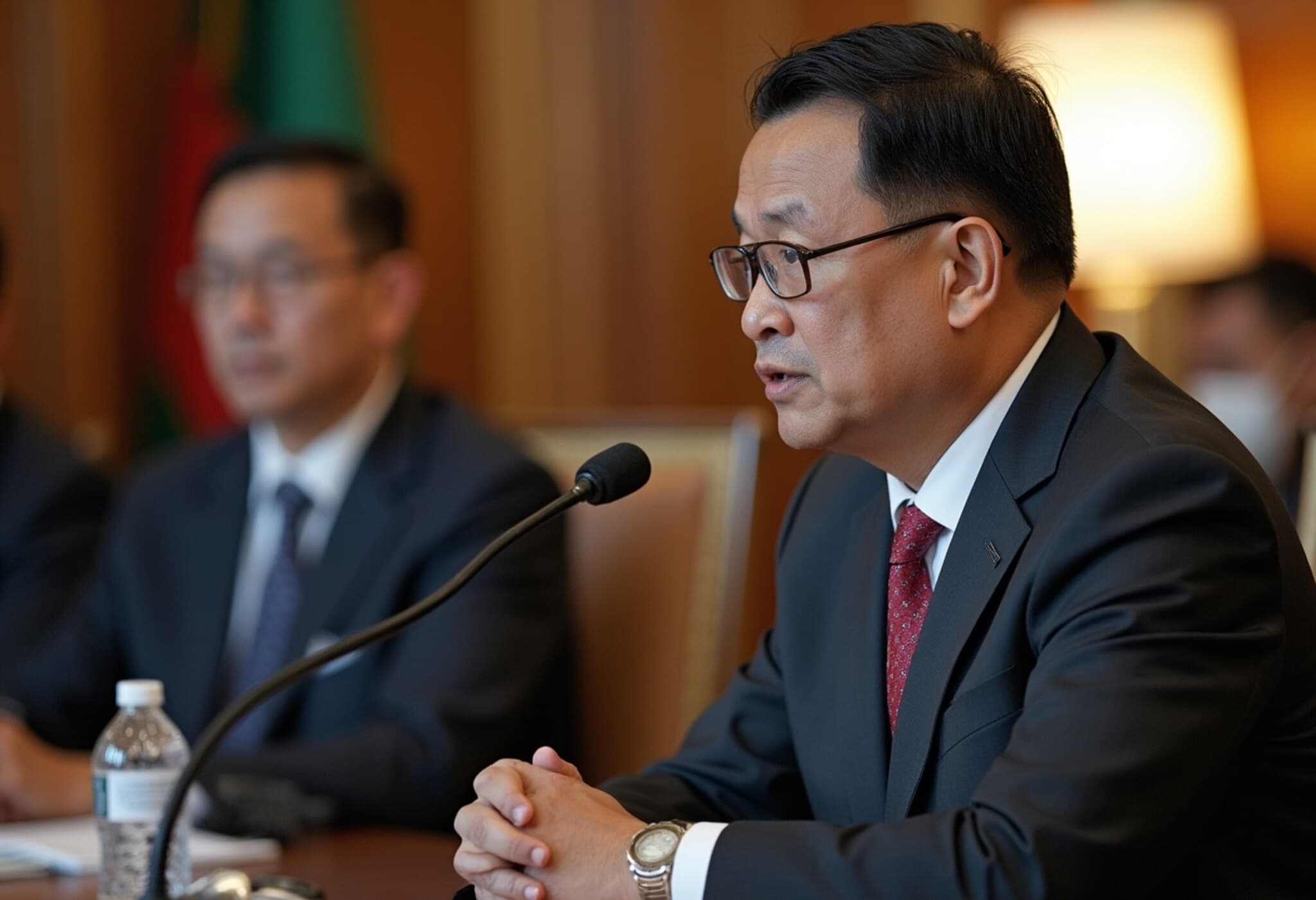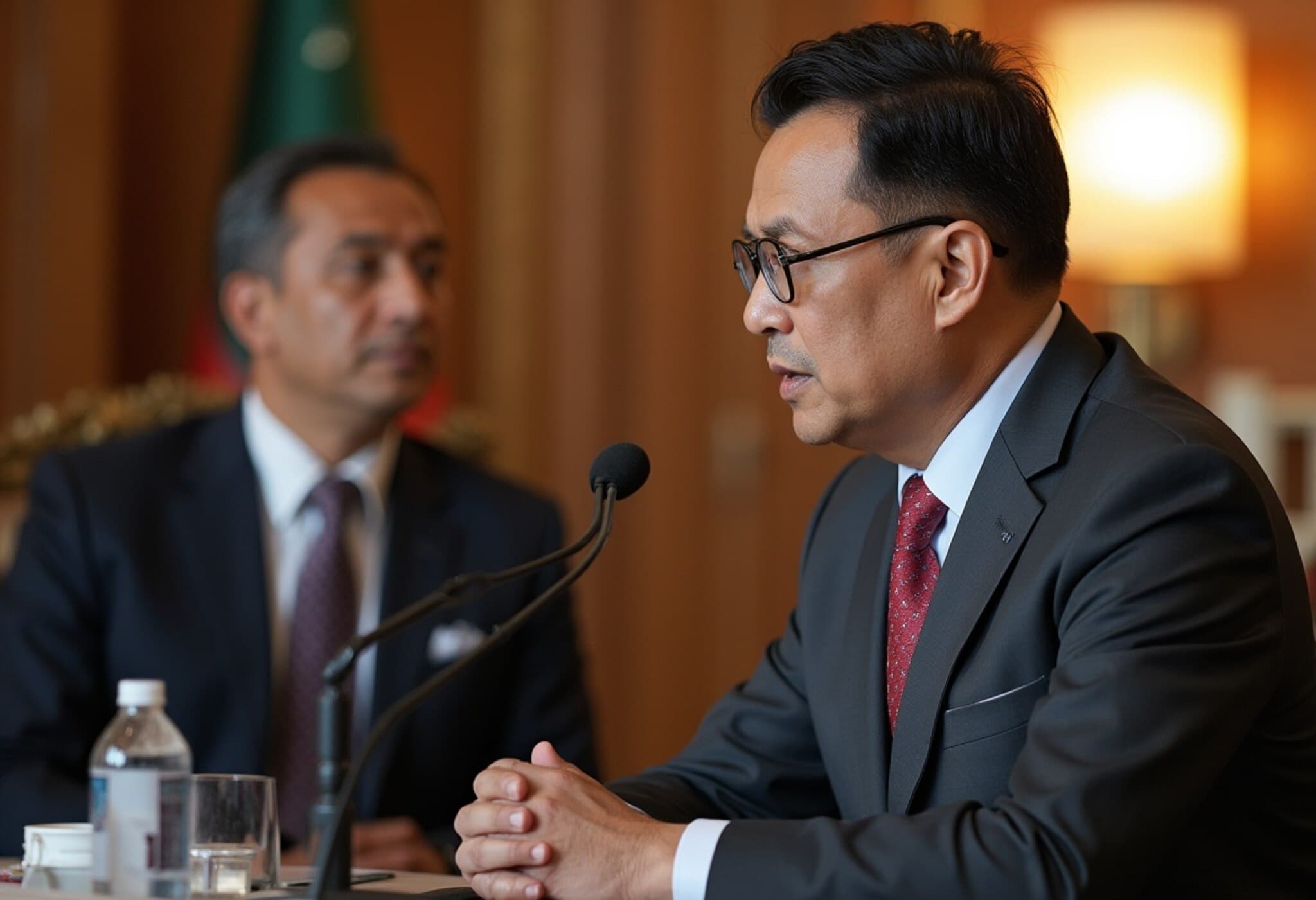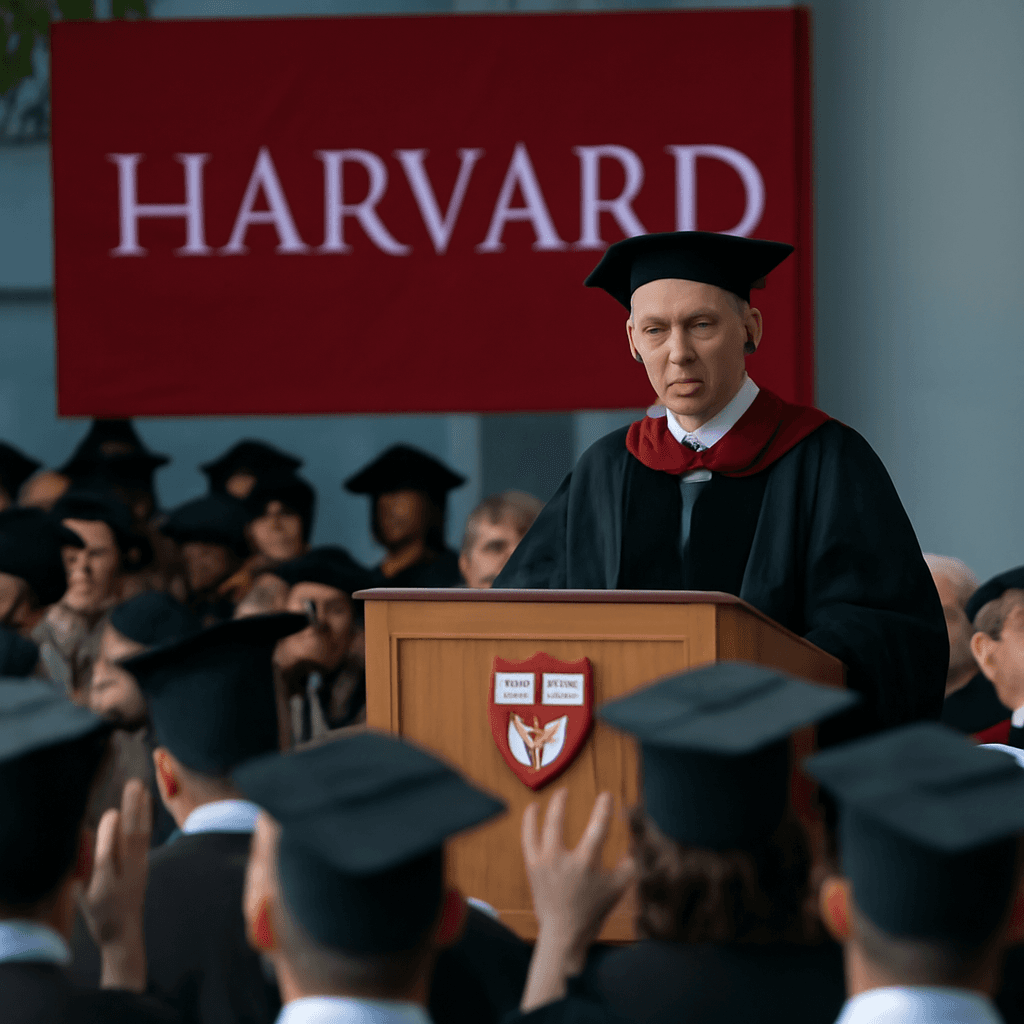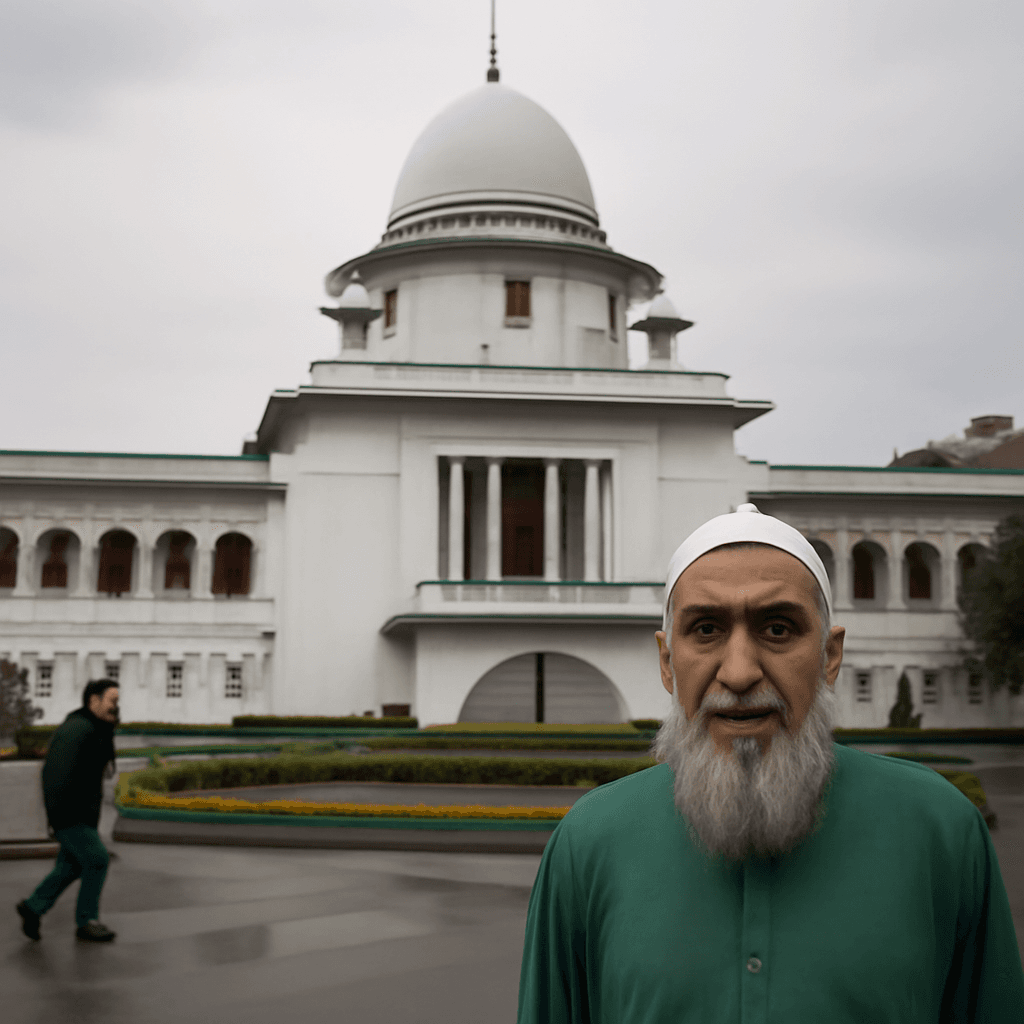Political Tensions Rise Over Election Delays in Bangladesh
Political unrest continues in Bangladesh as the Bangladesh Nationalist Party (BNP) has openly criticized the country's interim Chief Adviser, Muhammad Yunus, accusing him of deliberately stalling democratic reforms in an attempt to postpone the forthcoming national elections.
BNP Leader Condemns Lack of Concrete Reform
On June 1, 2025, BNP Standing Committee member Salahuddin Ahmed expressed deep frustration regarding the pace and sincerity of reforms under the Yunus administration. Addressing an event commemorating the 44th death anniversary of party founder Ziaur Rahman in Dhaka, Ahmed stated that no substantive measures have been implemented to ensure elections are conducted by 2025 as promised, warning against any further delay into 2026.
Ahmed criticized the ongoing reform efforts as mere formalities, dubbing them the 'banana of reforms,' implying they are superficial and ineffective. He questioned, "How many times will you inaugurate these reforms?" highlighting what he sees as repetitive rituals without tangible progress.
Chief Adviser Yunus’s Response and Calling for Talks
Amid the mounting criticism, Muhammad Yunus has proposed a meeting with BNP leaders to discuss the election timeline and reforms. Yunus has maintained that electoral reforms are essential and that polls would be held between December 2025 and June 2026.
He has emphasized the need for a thorough reform process before conducting elections, challenging suggestions for an earlier poll date.
Political Divide Deepens Over Election Timeline
At a separate forum, BNP Standing Committee member Amir Khosru Mahmud Chowdhury responded directly to Yunus’s remarks from a recent international forum in Tokyo. Yunus had suggested that only a limited number of political factions are pressing for elections this year, implying the demand is not unanimous.
Chowdhury refuted this claim, noting that at least 52 political parties are advocating for elections by December 2025. He said the opposition to an earlier election mainly comes from a handful of smaller, newly formed parties without significant public backing.
He warned that continued delay and lack of accountability from the interim government could exacerbate instability, emphasizing that only a fully elected parliament with democratic legitimacy can restore order and progress in Bangladesh.
Implications for Bangladesh’s Democratic Process
The ongoing dispute between the BNP and the interim administration underscores the challenges facing Bangladesh’s political system amidst calls for timely elections and meaningful reforms. Both sides highlight contrasting priorities: the BNP demands adherence to election schedules and tangible reforms, while the Chief Adviser stresses cautious preparation to ensure credible electoral processes.
The persistent deadlock raises concerns about governance, political accountability, and the future leadership direction in Bangladesh.

